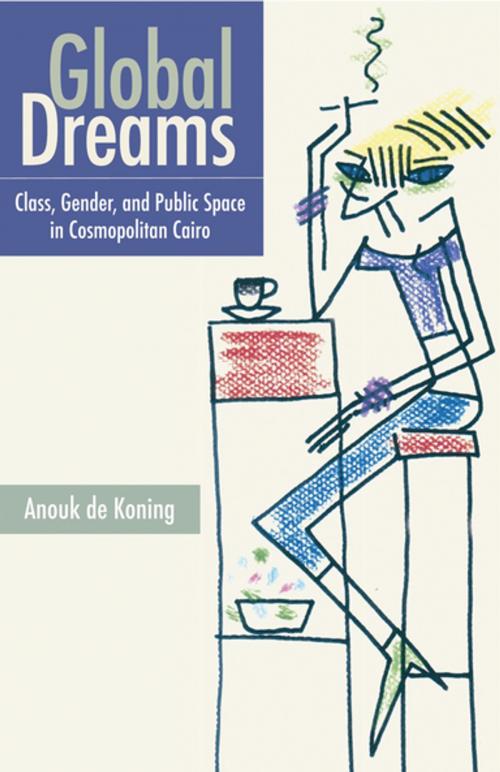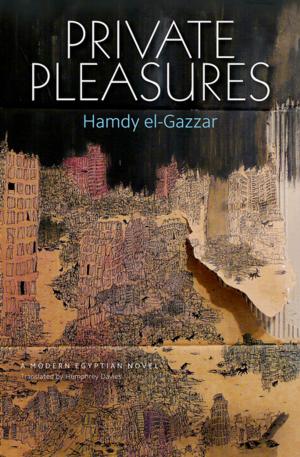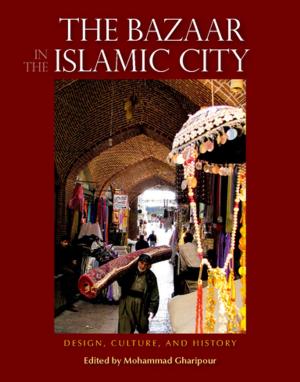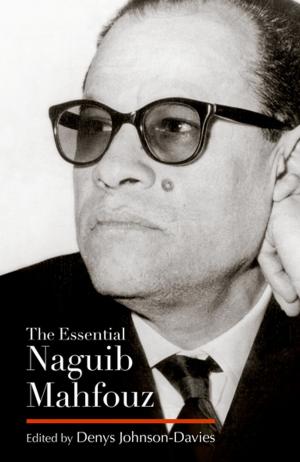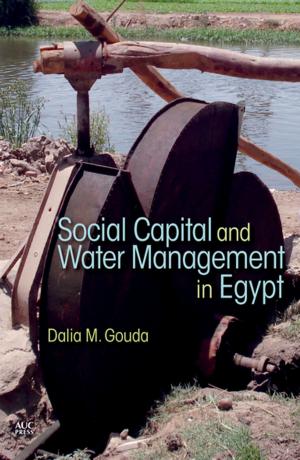Global Dreams
Space, Class, and Gender in Middle-Class Cairo
Nonfiction, Social & Cultural Studies, Social Science, Gender Studies, Political Science| Author: | Anouk de Koning | ISBN: | 9781617972515 |
| Publisher: | The American University in Cairo Press | Publication: | June 1, 2009 |
| Imprint: | The American University in Cairo Press | Language: | English |
| Author: | Anouk de Koning |
| ISBN: | 9781617972515 |
| Publisher: | The American University in Cairo Press |
| Publication: | June 1, 2009 |
| Imprint: | The American University in Cairo Press |
| Language: | English |
At the start of the twenty-first century, Cairo's cityscape has acquired a spectacular global touch. Its luxurious five-star hotels, high-rise office buildings, immaculately clean malls, and swanky coffee shops serving café latte and caesar salad, along with the budding gated communities in the city's desert expanses, exemplify three decades of economic liberalization. In the surrounding social landscape, the gradual abrogation of the Nasser-era structures that provided many with low-cost goods and services is dearly felt. This new study examines Cairo's experience of economic liberalization in an era of globalization. It asks what happened to a postcolonial middle class that was once the carrier of national aspirations and dreams. It explores how young middle-class professionals navigate Cairo's increasingly divided landscape and discusses the rise of a young uppermiddle class presence in the work, leisure, and public spaces of the city.
At the start of the twenty-first century, Cairo's cityscape has acquired a spectacular global touch. Its luxurious five-star hotels, high-rise office buildings, immaculately clean malls, and swanky coffee shops serving café latte and caesar salad, along with the budding gated communities in the city's desert expanses, exemplify three decades of economic liberalization. In the surrounding social landscape, the gradual abrogation of the Nasser-era structures that provided many with low-cost goods and services is dearly felt. This new study examines Cairo's experience of economic liberalization in an era of globalization. It asks what happened to a postcolonial middle class that was once the carrier of national aspirations and dreams. It explores how young middle-class professionals navigate Cairo's increasingly divided landscape and discusses the rise of a young uppermiddle class presence in the work, leisure, and public spaces of the city.
